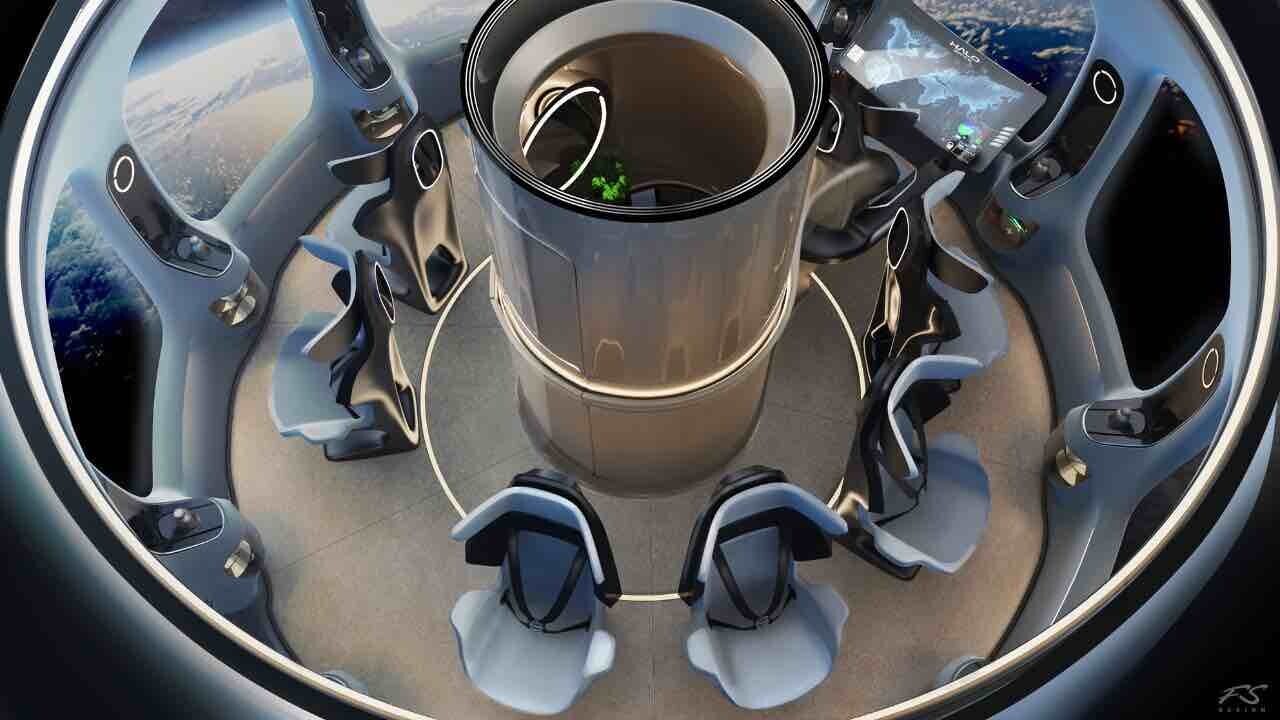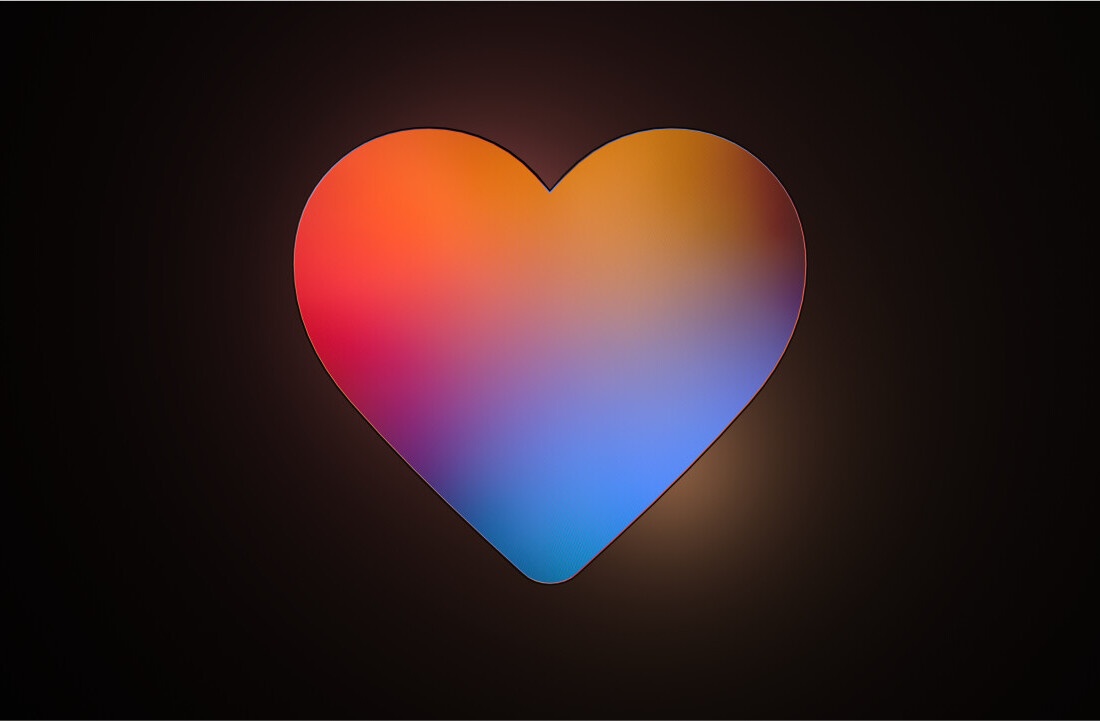
A space tourism company promising stratospheric balloon rides has unveiled the vehicle’s capsule design.
Halo Space is building the balloon for zero-emission commercial flights to altitudes of up to 35km. Tickets could cost a whopping €150,000 each.
On each flight, a pilot and eight passengers will enter the pressurised cabin. The helium balloon will then gradually ascend with minimal G-forces to the stratosphere.
From this perch above the sky, passengers will get unique views of the curvature of Earth and the vastness of space.
That’s the plan, at least. To make it a reality, Halo is currently putting the tech through extensive trials.
Five test flights have been completed so far. The next one is scheduled for June in Saudi Arabia — the first outside the startup’s home country of Spain.
The new capsule design is another step towards a commercial launch. It attempts to blend breathtaking views with comfort, style, and safety.
“Passengers will spend up to six hours inside our spaceship, and we want every minute to be unforgettable,” Carlos Mira, CEO of Halo Space, said in a statement.

Space age design
Halo Space recruited the renowned Frank Stephenson for the project.
Stephenson was previously director of design for Mini, Ferrari, Maserati, Fiat, Lancia, Alfa Romeo, and McLaren. Motor Trend magazine called him “one of the most influential automotive designers of our time.”
The 64-year-old can now add space balloons to his CV.
His layout prioritises expansive views through 2.82 square metre windows. Lightweight materials such as aluminium alloy and composites limit the total take-off weight to 3,500 kilograms.
Aesthetically, the capsule’s curved lines, reflective surfaces, and experimental seating evoke the Space Age architecture that became popular in the US after World War II.
“Working on a project of this magnitude brings about many challenges from a design perspective,” Stephenson said.
“Crafting a beautiful interior for passengers while considering factors like strict safety regulations and weight distribution presented challenging hurdles whilst being totally committed to offering both a luxurious, aesthetic appeal with functionality.”
You can check out his design sketches in the slideshow below:
Despite the pricey tickets, Halo plans to bring space tourism to a wider audience. The startup aims to service 10,000 passengers by 2030.
The company eventually wants to launch flights from Spain, Saudi Arabia, the US, and Australia.
Get the TNW newsletter
Get the most important tech news in your inbox each week.











